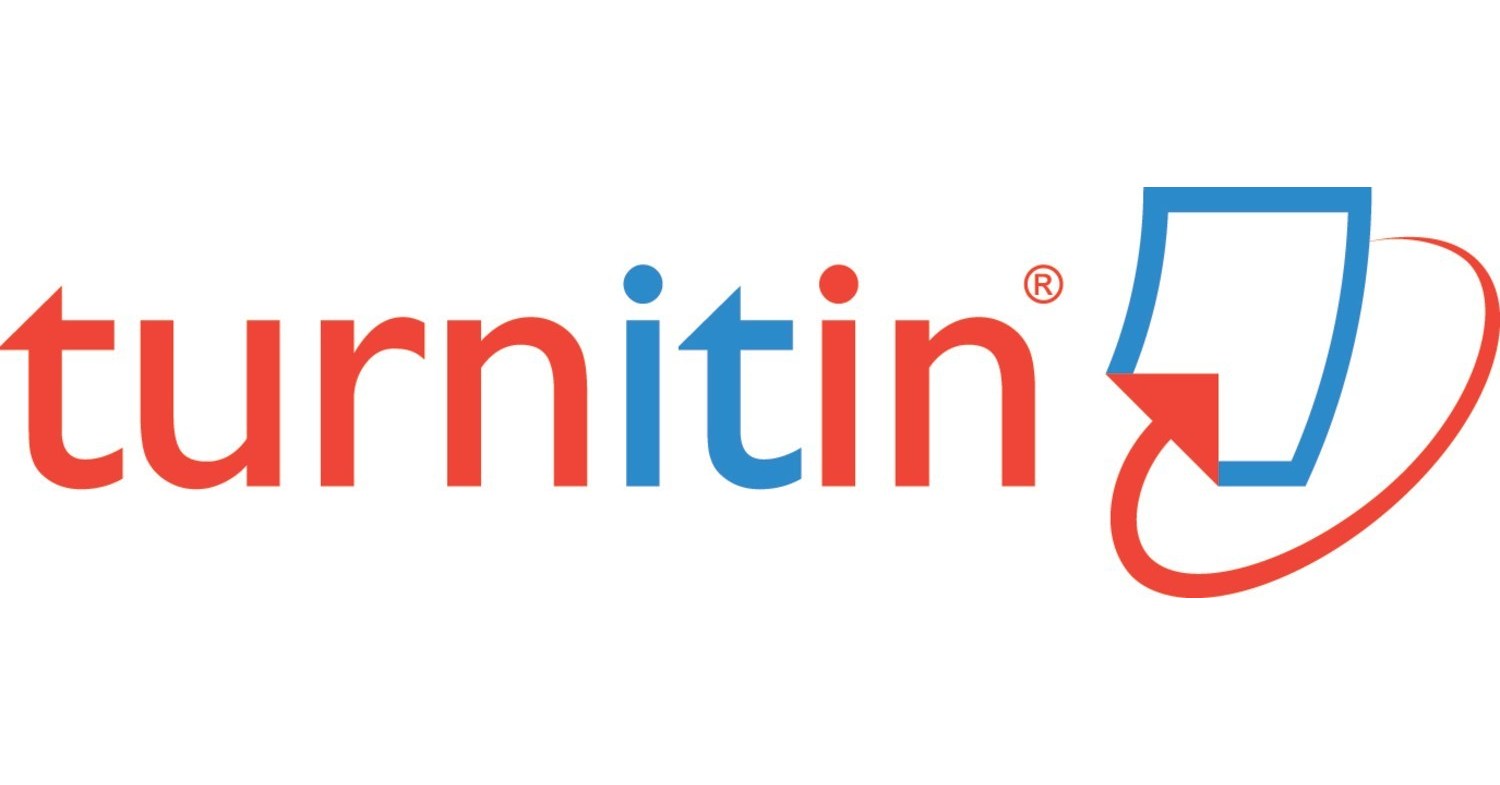Pengembangan E-Learning Moodle Berbasis Virtual Private Server (VPS) Untuk Meningkatkan Hasil Belajar Pengetahuan Peserta Didik di Tengah Pandemi Covid-19 Pada Mata Pelajaran Geografi (Studi Kelas XI SMA Negeri 1 Teras Boyolali Tahun Ajaran 2020/2021)
Abstract
The research aims to: (1) to determine the feasibility of e-learning moodle based on Virtual Private Server to improve student learning outcomes; (2) determine the effectiveness of e-learning moodle based on Virtual Private Server to improve student learning outcomes; (3) to determine the effect of e-learning moodle on learning outcomes in the knowledge section of students. The method used in this research is research and development. The research subjects were theory experts, media experts, teachers, and students in class XI IPS 1,2, and 4. The data collection instruments used theory expert validation sheets, media expert validation sheets, teacher assessment sheets, student assessment sheets, and tests and documentation.
The results of this study are: (1) e-learning moodle based on Virtyal Private Server is declared feasible based on theory expert judgment, teacher assessment, and student assessment by getting a score mode of 5 (excellent category on a Likert scale), as well as an assessment from media experts with score mode 4 (good category in Likert Scale); (2) e-learning Moodle based on Virtual Private Server is more effective in improving the learning outcomes of students' knowledge based on the higher class average on the cognitive pretest and posttest results that is 55.45 to 88.36 compared to MS Teams media where the class mean pretest results and cognitive posttest that is 53.56 to 76.88; (3) e-learning moodle based on Virtual Private Server has a significant effect on the learning outcomes of students’ knowledge with a Sig (2-tailed) value of 0.000 where 0.000 <0.05 so that there is a significant difference in the average towards student learning outcomes for the pretest and posttest scores in the experimental class.
Keywords: Media Development, Virtual Private Server-based Moodle E-Learning, Learning Outcomes of Students' Knowledge
Full Text:
PDFReferences
Handarini, Oktavia Ika & Wulandari, Siti Sri. (2020). Pembelajaran Daring sebagai Upaya Study From Home (SFH) Selama Pandemi Covid 19, Volume 8, No.3, 2020, 496-503. Diperoleh 27 November 2020, dari https://www.google.com/url?sa=t&rct=j&q=&esrc=s&source=web&cd=&ved=2ahUKEwjXgMaX1O_tAhW06XMBHftsDgwQFjABegQIBRAC&url=https%3A%2F%2Fjournal.unesa.ac.id%2Findex.php%2Fjpap%2Farticle%2Fdownload%2F8503%2F4094&usg=AOvVaw2arNvOX1xXNWiIWzn5jA_S
Harvey, Jen. 1998. Evaluation Cookbook. Learning Technology Dissemination Initiative Institute for Computer Based Learning Heriot-Watt University
Indrajit, Richardus E. 2016. E-Learning dan Sistem Informasi Pendidikan; Modul Pembelajaran Berbasis Standar Kompetensi dan Kualifikasi Kerja Edisi 2. Yogyakarta: Preinexus
Mashabi, Sania. (2021, 13 Januari). UPDATE: Bertambah 11.278, Kasus Covid-19 Indonesia Capai 858.043 Orang, KOMPAS, hlm 1.
Musfiqon. 2012. Pengembangan Media dan Sumber Pembelajaran. Jakarta: PT. Prestasi Pustakaraya
Prodjo, Wahyu Adityo. (2020, 16 Januari). STEAM, Metode Pengajaran untuk Menghadapi revolusi Industri 4.0, KOMPAS, hlm 1.
Purwanto. 2009. Evaluasi Hasil Belajar. Yogyakarta:Pustaka Pelajar
Sadiman, Arief S. (dkk). 2008. Media Pendidikan: Pengertian, Pengembangan, dan Pemanfaatannya. Jakarta: PT. RajaGrafindo Persada
Sudjana, Nana. 2005. Penilaian Hasil Proses Belajar Mengajar. Bandung: PT Remaja Rosdakarya
Sugiyono. 2011. Metode Penelitian Kuantitatif, Kualitatif, dan R&D. Bandung: ALFABETA
Sumaatmadja, Nursid. 1981. Studi Geografi. Bandung: Alumni
Surat Edaran No 4 Tahun 2020 Tentang Pelaksanaan Kebijakan Pendidikan Dalam Masa darurat Penyebaran Coronavirus Disease (Covid-19)
Undang-Undang Nomor 20 Tahun 2003 tentang Sistem Pendidikan Nasional
Refbacks
- There are currently no refbacks.





3.png)
1.png)
1.png)
2.png)

1.png)
